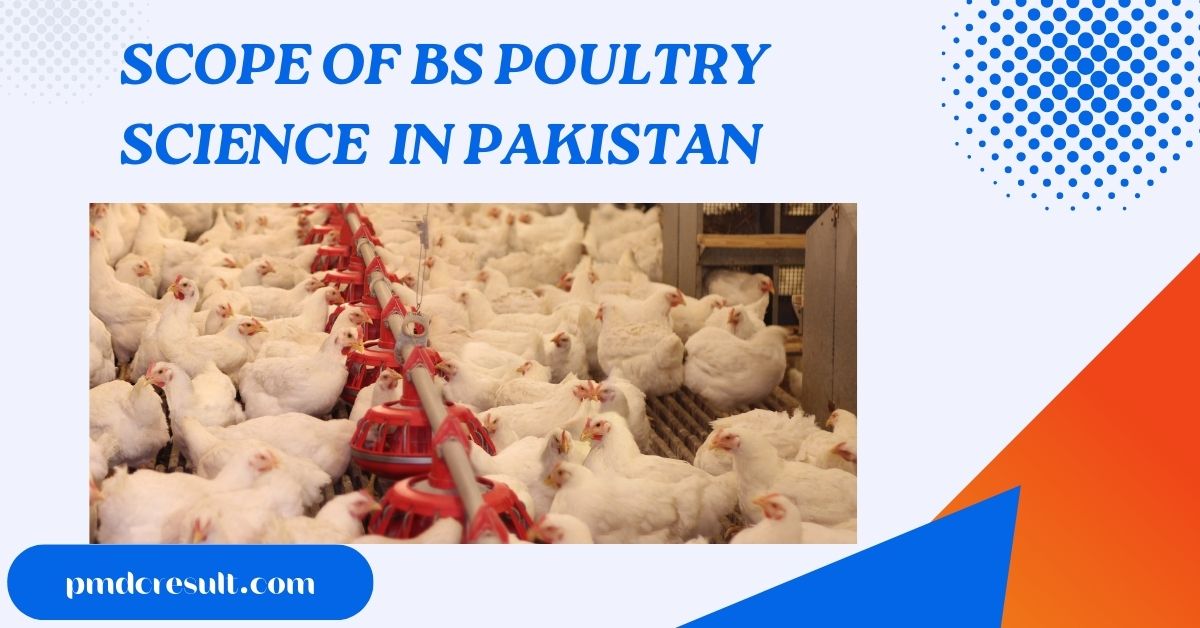A Bachelor of Science in Poultry Science provides a comprehensive education in the study of poultry, covering breeding, nutrition, health, management, and production systems. Graduates are equipped with practical skills in managing poultry farms and ensuring efficient production. This degree opens doors to careers in poultry production, research, feed manufacturing, and agribusiness, focusing on improving production efficiency and animal welfare through innovative and sustainable practices. Opportunities span roles such as farm managers, nutritionists, quality control specialists, and research scientists, with salaries ranging from entry-level positions starting at $40,000 to advanced roles exceeding $80,000 annually, depending on experience and responsibilities.
Poultry Science Degree
A Poultry Science degree focuses on the study of poultry, including chickens, turkeys, ducks, and other domesticated birds. This program covers a broad range of topics such as poultry breeding, nutrition, health, management, and production systems. Students gain in-depth knowledge about the biological and physiological aspects of poultry, as well as practical skills in handling and managing poultry farms. The curriculum often includes courses in animal genetics, feed formulation, disease prevention, and poultry housing design. Graduates with a Poultry Science degree can pursue careers in various sectors, including poultry production, research, feed manufacturing, and agribusiness. This degree is essential for those interested in improving poultry production efficiency, ensuring animal welfare, and advancing the poultry industry through innovation and sustainable practices.
Poultry Science Scope
A Bachelor of Science in Poultry Science offers a wide range of career opportunities in the agricultural and food industries. Graduates can manage poultry farms, ensuring high-quality meat and egg production through effective breeding, feeding, and care practices. They can also work in animal health and welfare, focusing on disease prevention and treatment to maintain healthy poultry populations. Careers in the nutrition and feed industry involve developing nutritious feed formulations to promote poultry growth and health. Additionally, graduates can engage in research and development to improve poultry genetics and production techniques or work in food safety and quality control to ensure poultry products meet safety standards. Opportunities also exist in sales and marketing, where graduates can support companies supplying poultry equipment, feed, and pharmaceuticals.
Poultry Science Degree Salary
A degree in poultry science can open the door to various rewarding career opportunities within the agricultural and food industries. Graduates often find employment in roles such as poultry farm managers, feed nutritionists, quality control specialists, and research scientists. Salaries in this field can vary widely based on factors such as job role, level of experience, and geographic location. Entry-level positions typically offer salaries ranging from $40,000 to $55,000 per year. With experience and additional responsibilities, mid-level positions can see salaries between $55,000 and $75,000 annually. Advanced positions, particularly those involving research or managerial duties, can offer salaries exceeding $80,000 per year.
FAQS
Q: What is Poultry Science?
A: Poultry Science is the study of poultry birds, such as chickens, turkeys, ducks, and other fowl. It encompasses various aspects, including breeding, nutrition, health, production, and management of poultry.
Q: What topics are covered in a BS in Poultry Science program?
A: The program typically covers poultry biology, genetics, nutrition, disease control, management practices, production techniques, and processing of poultry products. Courses may also include animal science, agricultural economics, and food safety.
What skills will I gain from a BS in Poultry Science?
A: Students gain skills in poultry management, disease diagnosis and prevention, feed formulation, production optimization, research methods, and business management related to poultry enterprises.
Q: What are the admission requirements for a BS in Poultry Science program?
A: Requirements vary by institution but typically include a high school diploma or equivalent, satisfactory SAT or ACT scores, and completion of prerequisite courses in biology, chemistry, and mathematics.
